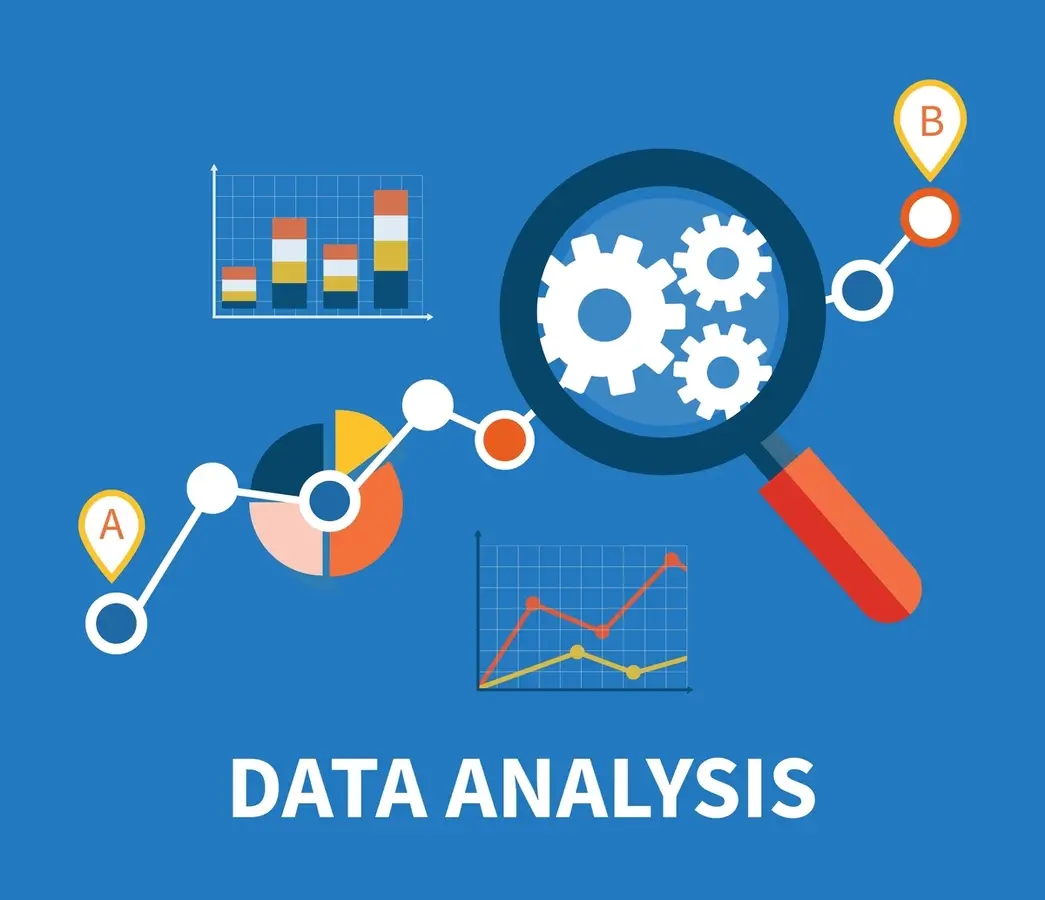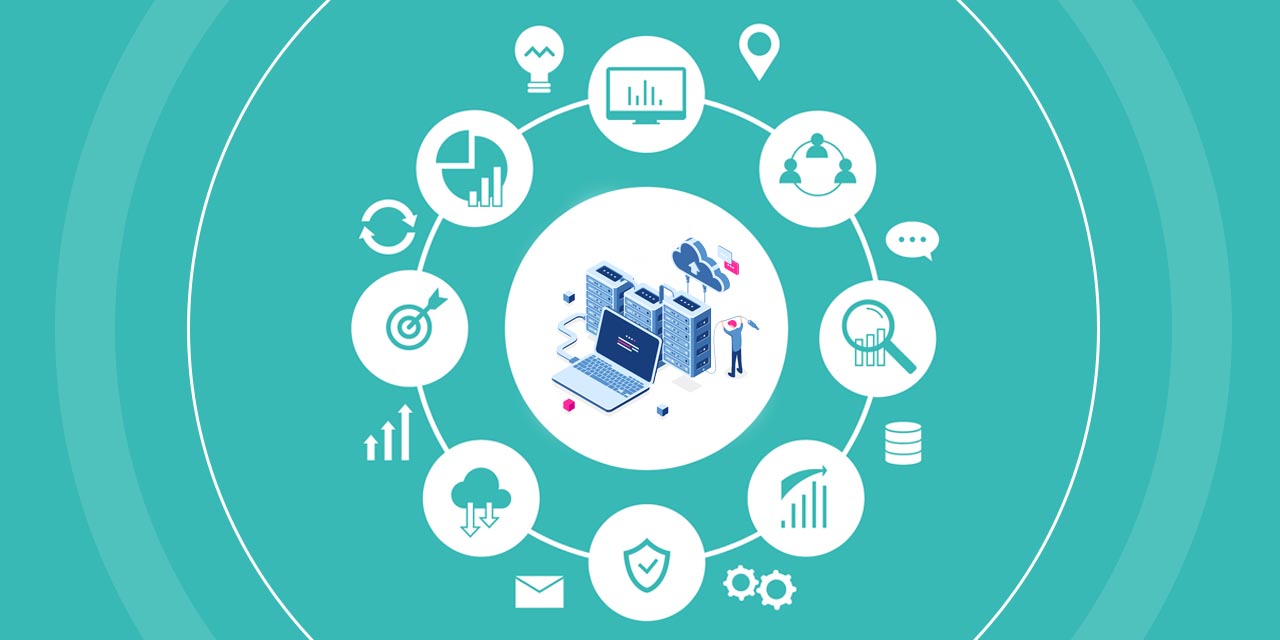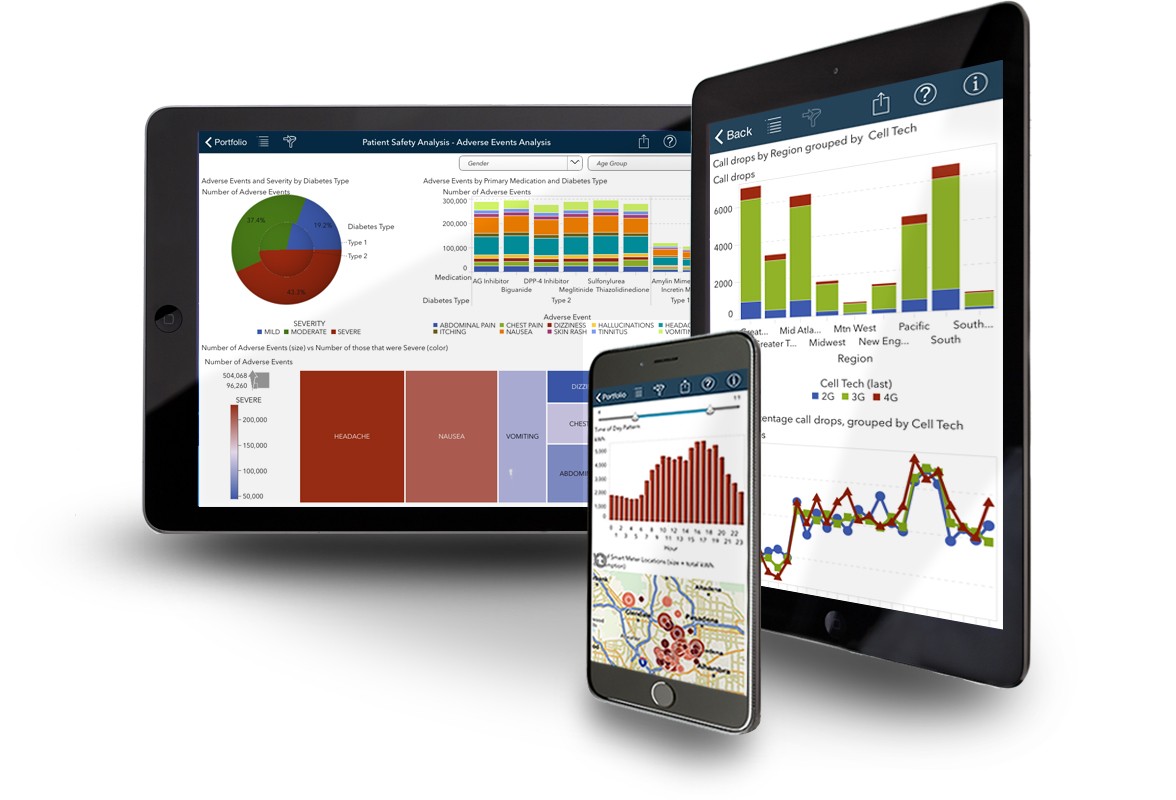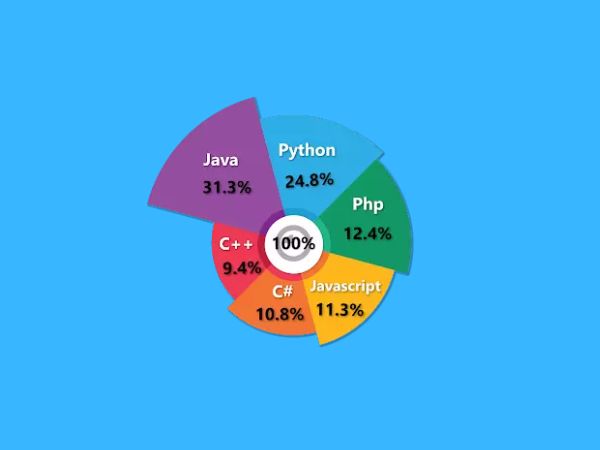Managing data involve a lot of different ideas and variables, which can get confusing. However, data can help small teams increase sales, productivity, and customer satisfaction. For gathering, storing, maintaining, and integrating your data, there are numerous simple-to-use SaaS, iPaaS, and cloud-based services available. Exactly, what is data management? Why is it significant, too? What is a data management strategy and what tools can you use to collect, store, and analyse your data? Continue reading to get all your answers.
What Is Data Management?

Data management is the process of gathering, storing, and utilising data in a cost-effective, efficient, and secure manner. In order to make judgements and conduct activities that will benefit the business as much as possible, data management aims to assist individuals and organisations in optimising the use of data within the constraints of policy and regulation. An effective data management strategy is more crucial than ever as businesses depend more on intangible assets to generate value.
An organization’s management of digital data encompasses a wide variety of duties, policies, processes, and practices. The field of data management encompasses a wide range of topics, including the following:
- Data creation, access, and updating for a variety of data tiers
- Store data both locally and across multiple clouds.
- High availability and disaster recovery should be provided
- Utilize data in a wide range of applications, analytics, and algorithms.
- Ensure the security and privacy of data
- Data should be archived and destroyed in accordance with compliance standards and retention schedules.
- Data standardisation i.e. maintaining the same definitions and terminologies, across different software and systems within the company, for seamless integration and analytics
Importance of data management
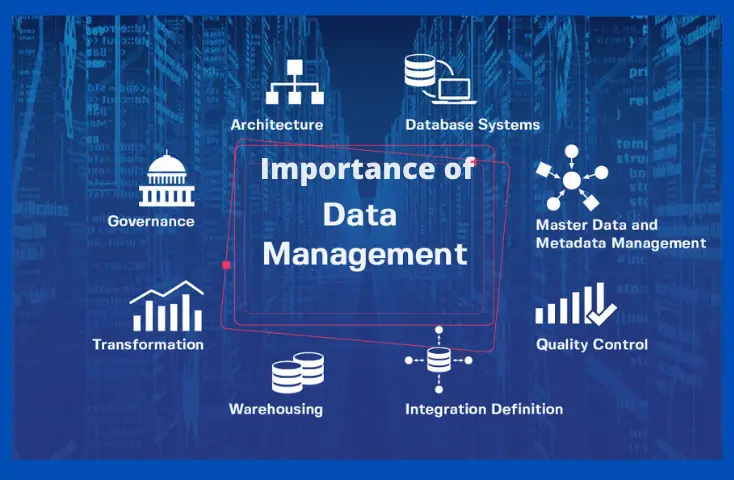
Data is increasingly viewed as a corporate asset that can be leveraged to improve marketing initiatives, business operations, and cost-saving measures, all with the aim of boosting revenue and profits. However, poor data management can cause organisations to struggle with incompatible data silos, inconsistent data sets, and data quality issues, which can make it difficult for them to run business intelligence (BI) and analytics applications or, worse, produce inaccurate results.
As organisations are required to comply with an increasing number of regulatory obligations, including data privacy and protection regulations like GDPR and the California Consumer Privacy Act, data management has also become more crucial. Additionally, Businesses are also accumulating a greater variety of data and features of the big data platforms that many have put in place. Such environments can become cumbersome and challenging to traverse without effective data management.
In India, data protection is now governed under the Information Technology Act, 2000. The IT Act covers reasonable security policies, processes, and sensitive data, also known as the Information Rules, 2011 (Data Protection Rules). The Data Protection Rules put certain requirements on businesses and organisations that gather, process, store, and transfer sensitive personal data or information of a person, including obtaining consent, disseminating a privacy statement, and imposing restrictions on disclosure and transfer.
A Personal Data Protection Bill (PDPB) or Act (PDPA) will soon be enacted in India, which will regulate the gathering, use, storage, transfer, protection, and disclosure of personal data about Indian citizens. A crucial advancement for global managers is PDPB. India has adopted the GDPR in line with the EU to permit international digital enterprises to conduct business.
Data Management Types

Data management is a challenging task that affects every aspect of your business. Data management may involve routine chores, the development of policies, or the upkeep of procedures. Therefore, you will use a variety of data management techniques whether you are researching large data or master data.
- Data integration
- Data Modeling
- Data storage
- Data security
- Data processing
- Data governance
- Data Architecture
- Data catalogues
- Data pipelines
Data Lifecycle Management
In layman’s words, DLM establishes policies to control each of the several phases that information passes through. This framework’s overarching purpose is to extend your data’s usable life as much as possible. The DLM’s phases or steps are:
- Collection
- Access
- Usage
- Storage
- Transfer
- Deletion or destruction
Data Management Principles and Data Privacy
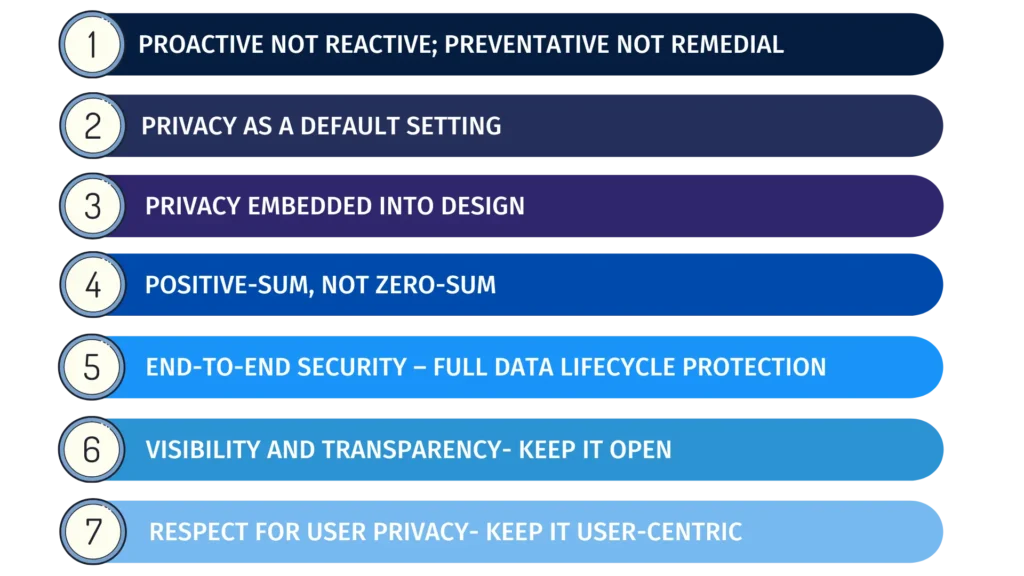
Seven important principles for the management and processing of personal data are included in the General Data Protection Regulation (GDPR), which the European Union passed and put into effect in May 2018. A few of these principles are accuracy, integrity, confidentiality, purpose limitation, lawfulness, fairness, and transparency.
Data management is changing as a result of the GDPR and other regulations that follow in its footsteps, such as the California Consumer Privacy Act (CCPA). Due to these standards, data protection rules are uniform and people have control over their personal information and its uses. When businesses fail to get informed consent at the time of data collection, exercise weak control over the use or location of data, or fail to adhere to data deletion or portability rules, it effectively transforms consumers into data stakeholders with meaningful legal consequences.
Also read: A Beginner’s Guide to Learning Power BI the Right Way
What abilities are required of data management professionals?
There is no denying that data plays a crucial role in the modern economic world. For effective data management to be possible, big data specialists need to possess a specific set of abilities.
The complete end-to-end management chain requires a number of experts, and a data management team needs a variety of these individuals. A data management specialist should be schooled in the following abilities:
1. General computer science: Since they will spend a lot of time organising data, qualified data management professionals should be taught the fundamentals of computer science.
2. Database programming: In the realm of data management, some of the most significant database languages are SQL, Python, R, Hadoop, XML, and PERL. At least one of these languages should be learned, along with the relevant database platforms.
3. Business intelligence and business analytics: are the main drivers behind data organisation and collection in businesses. The hows and whys of analytics should be understandable to professionals in data management.
4. Cloud computing: Since hosting data may eat up a lot of storage space, many companies now host, manage, and analyse their data in the cloud. Professionals with expertise in data management should be conversant with key cloud computing platforms including AWS, Microsoft Azure, Google Cloud, IBM Cloud, and others.








